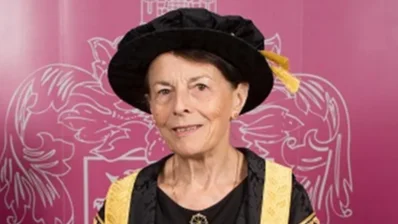Professor Jeremy Tree and Dr. Alex Jones from the School of Psychology have published a study in the Journal of Experimental Psychology exploring "other ethnicity blindness" or "category selective face blindness." The research aims to provide new insights into the other-race ethnicity effect.
Professor Tree stated, “We have been studying individuals with extremely poor face processing from birth, known as developmental prosopagnosia – akin to a kind of dyslexia for faces - for several years." He added that little has been done about the possibility that some people may be selectively poor at distinguishing between faces of different ethnicities. The researchers wanted to determine how prevalent this issue is and its implications.
The study involved participants from various countries, including the UK, China, South Korea, Singapore, Japan, Australia, and Serbia. Both Asian and Caucasian participants completed online tests comparing images of faces without distinctive prompts like hair or eyewear. Their ability to identify people varied significantly across these tests.
Professor Tree explained that the diversity in cognitive abilities is larger than anticipated. Some individuals may have no issues with day-to-day face processing but struggle significantly with recognizing faces from other ethnicities. This difficulty can have serious real-world consequences.
In legal contexts, such challenges could lead to mistaken eyewitness identifications and wrongful convictions. In social and workplace interactions, individuals may find it difficult to recognize colleagues from different racial backgrounds similarly to how those with prosopagnosia struggle with all faces.
Understanding these specific challenges can inform policies in legal and social settings to reduce bias and improve cross-racial interactions. While it's unclear how an individual's social experiences shape these abilities, this research is an important step toward improving understanding of human perception.
Professor Tree emphasized that the study highlights individual differences in face recognition abilities and their impact on human cognition. He remarked: “It is always important to remember that just because a person may struggle with one thing, it doesn’t mean they won’t be good at something else."
More information about previous research into face blindness can be found at Face Research Swansea.

